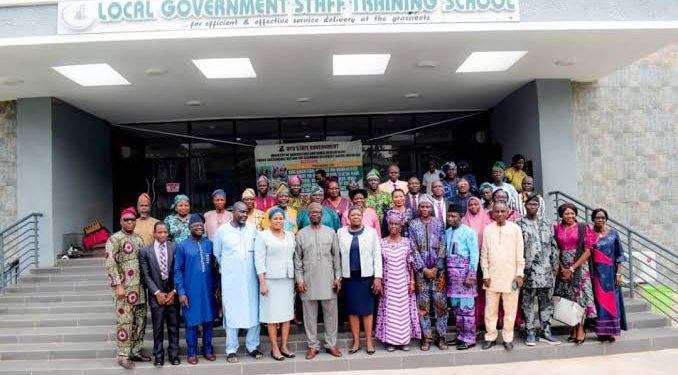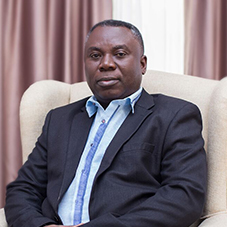The Oyo State Government has trained about 250 retirees and soon-to-retire civil servants on modern agricultural practices and micro-livestock farming to support food security and provide alternative income streams after retirement.
Held at the Local Government Hall in Ibadan, the training was part of the state’s strategy to promote economic self-sufficiency and improve the livelihoods of former civil servants through agriculture. The Head of Service said the initiative reinforces the government’s commitment to food security and economic resilience, noting that Oyo State’s fertile land and favourable climate offer vast agricultural potential.
She urged participants to take advantage of farming activities such as crop cultivation, poultry, aquaculture, and agro-processing, stressing that small-scale ventures like backyard gardening and snail farming could become profitable with time and support.
Also speaking at the event, the Commissioner for Agriculture and Rural Development said the training aligned with the administration’s wider agricultural reforms under the current government. He revealed that 161 agricultural officers had been hired across all cadres to strengthen extension services and improve farmers’ access to technical support.
The commissioner outlined additional state-led initiatives such as a 50 per cent subsidy on tractor services, distribution of agricultural inputs, and provision of motorcycles to field officers to reach rural farmers more efficiently. He added that retirees who chose to pursue farming after the training would receive the necessary inputs based on their needs.
The Permanent Secretary of the Ministry of Agriculture and Rural Development explained that agriculture was a core pillar of Nigeria’s economic diversification strategy. She said participants would be equipped with tools and knowledge to engage in low-risk, economically viable agricultural activities, especially in micro-livestock farming such as snail, rabbit, and Noiler chicken rearing.
The training, officials said, was not only about skills acquisition but also about giving retirees a chance to contribute meaningfully to the economy and improve their quality of life after active service.










